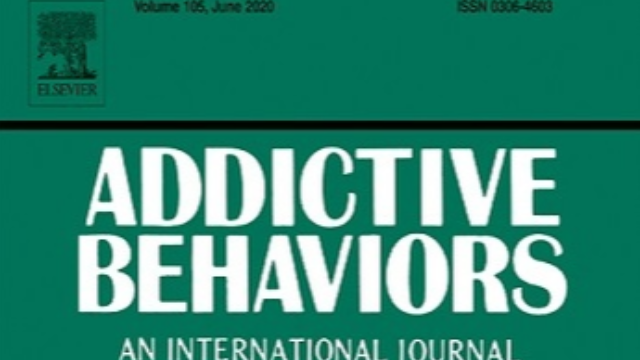Alcohol consumption and risk for feeding and eating disorders in adolescence
In their article, published in the Addictive Behaviors Journal, researchers from PPK have studied the association between excessive alcohol use and various eating disorders in adolescence. The authors of the article are Zsolt Horváth, Nóra Román students of the Doctoral School of Psychology, Zsuzsanna Elekes, Mark D. Griffiths, Zsolt Demetrovics and Róbert Urbán.
Background
A complex and bidirectional association has been assumed between feeding and eating disorders (FEDs) and alcohol consumption. Previous research has demonstrated that alcohol use among individuals with different forms of FEDs is more frequently motivated by two subtypes of internal drinking motives: coping and enhancement motives. Namely, these individuals might use alcohol primarily to regulate internal states, such as to mitigate negative emotions or enhance positive emotions.
Objectives
The present study investigated the mediating role of internal drinking motives on the association between risk for FEDs and alcohol consumption over the effects of relevant covariates, such as depressive symptoms or body mass index (BMI).
Methods
Hungarian data of the European School Survey Project on Alcohol and Other Drugs (ESPAD) from 2015 were used. The final sample included responses from 5457 adolescents (50% males; mean age: 16.62 years). Validated self-report psychometric instruments assessed the level of alcohol use, depressive symptoms and risk for FEDs, and drinking motives.
Results
Risk for FEDs presented a significant positive relationship with internal drinking motives and alcohol use. In the mediation analysis, a significant indirect effect was identified between risk for FEDs and alcohol use via internal drinking motives among females.
Conclusions
Results demonstrated that risk for FEDs was positively associated with internal drinking motives and alcohol use. An indirect effect of risk for FEDs on alcohol consumption via internal drinking motives was discriminated over the impact of depressive symptoms. However, the latter relationship was only found among females which may highlight the gender differences in the relationship between risk for FEDs and alcohol use.
The full article is available here.

Megjegyzések0
Nincs jogosultsága a megtekintéshez, illetve megjegyzés írásához.Kérjük, jelentkezzen be.
Javasolt cikkek



